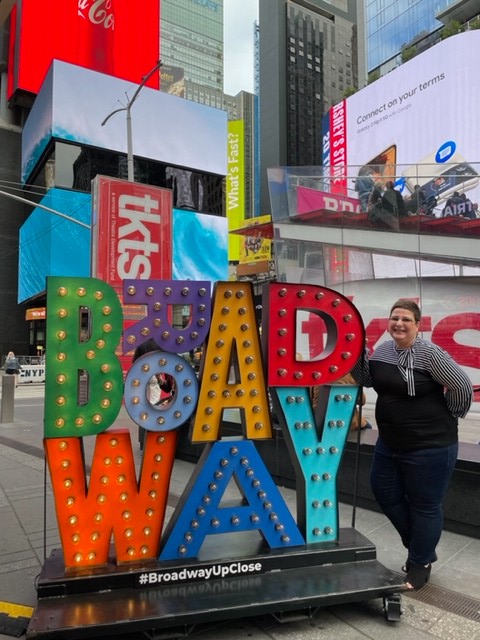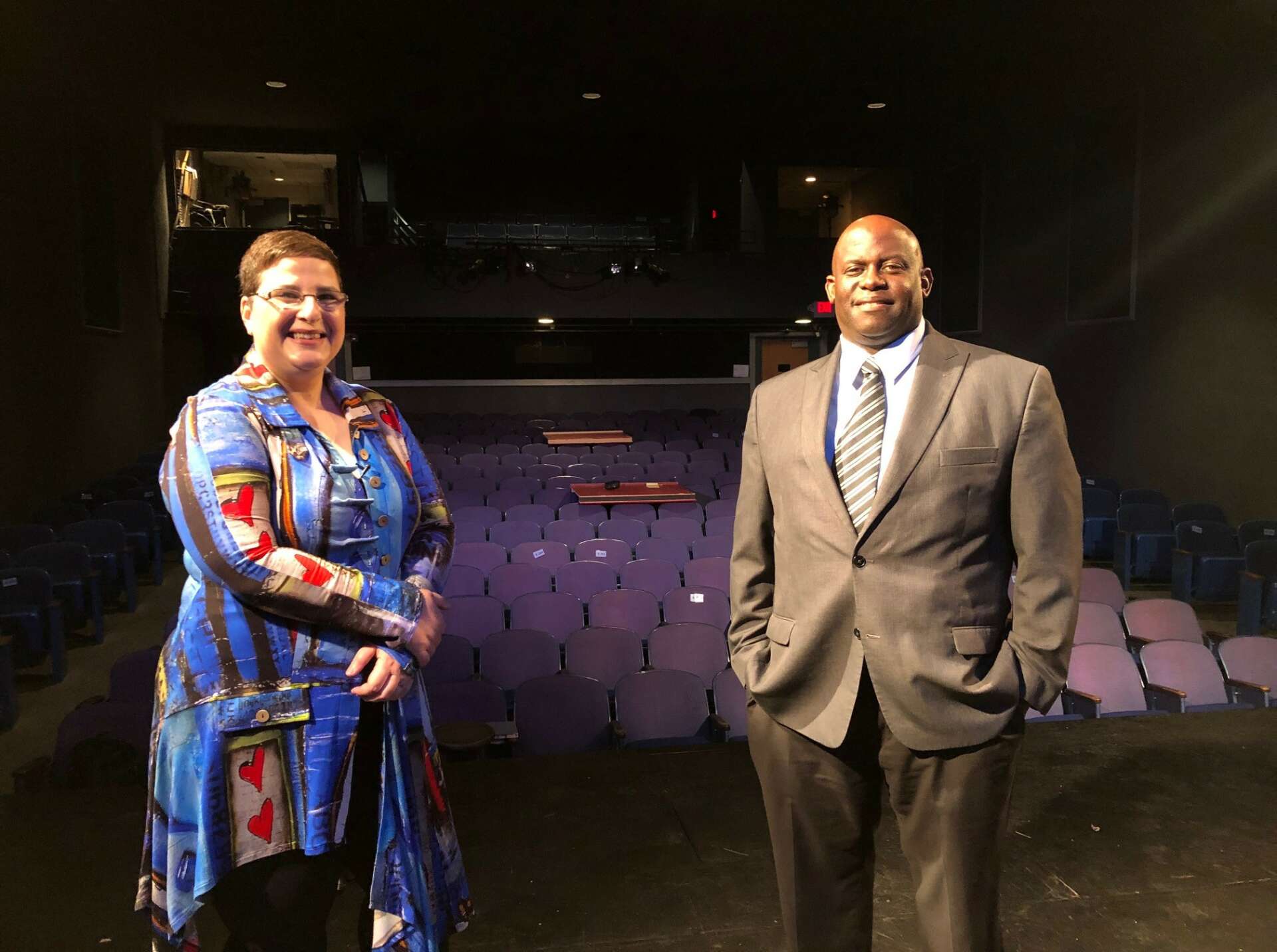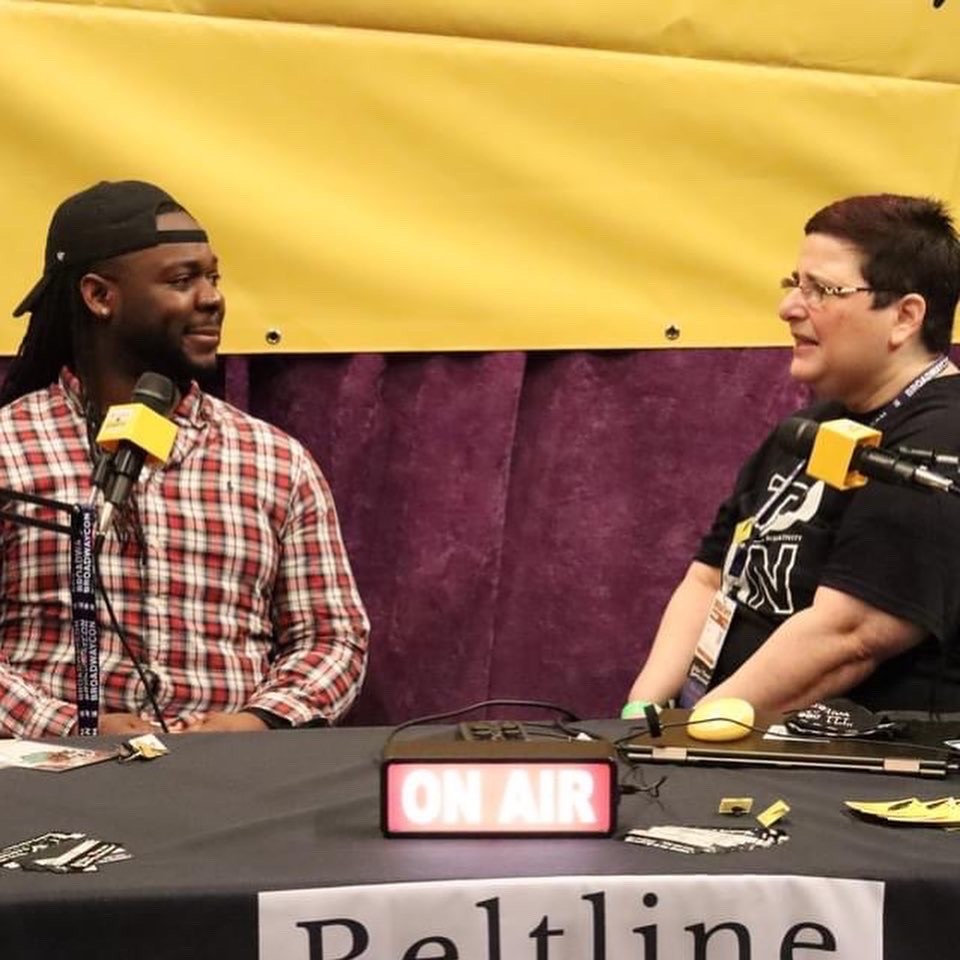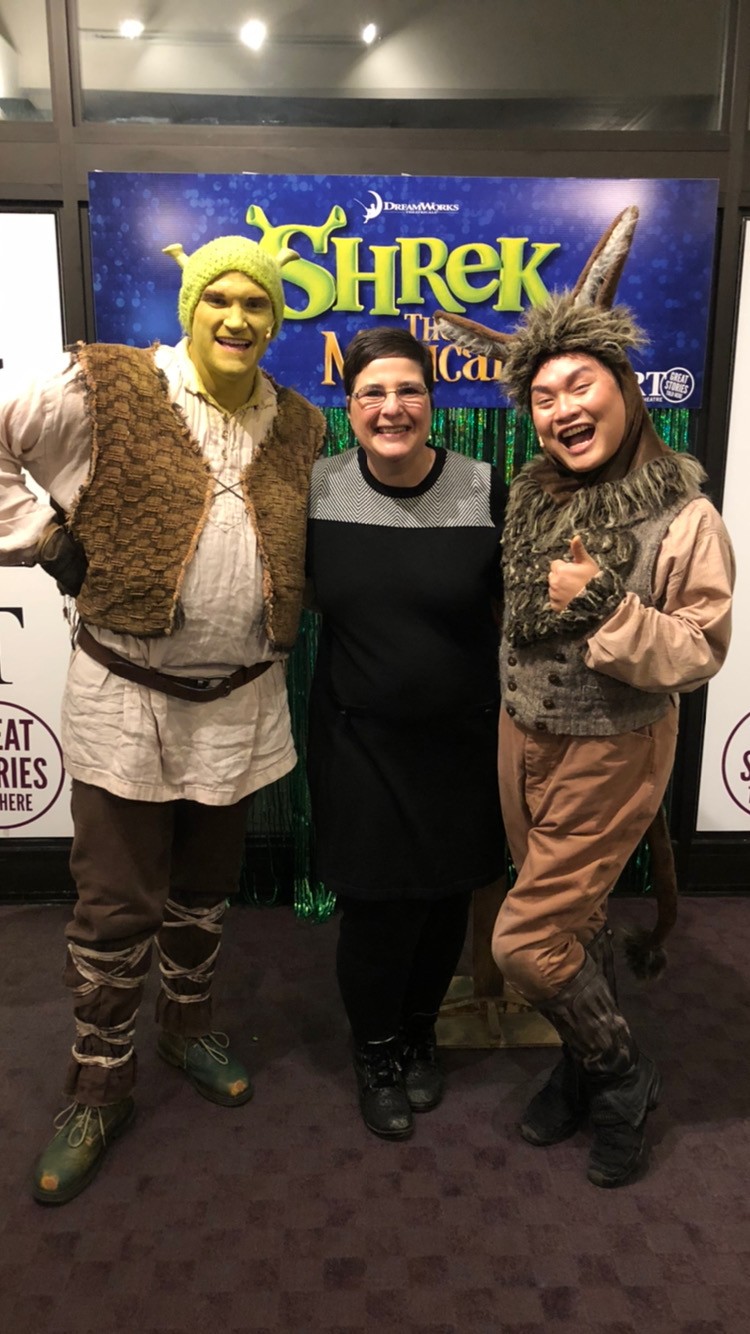We were lucky to catch up with Lauren Van Hemert recently and have shared our conversation below.
Lauren, looking forward to hearing all of your stories today. What’s been the most meaningful project you’ve worked on?
Within a week of theaters being shut down in March 2020, I initiated a series of live chats on social media to talk about the effect of the pandemic on the arts. What I didn’t realize at the time was just how meaningful these conversations would become to our community. After George Floyd was murdered, we shifted our conversations about the pandemic and theater to conversations about racism in the theater. Juan Isler (my friend and co-producer) and I took a leap of faith that hosting live community conversations on social media with diverse panels would (or could) affect change in our community. Over the course of a year, we hosted and produced almost 30 conversations around racism in support of Black Lives Matter. This series, which affectionately became known as TORN or Theater On Racial Negativity, became a seminal project for both Juan and me and was the catalyst to us forming Beltline to Broadway establishing ourselves as a non-profit, 501c3 advocacy organization. I am forever grateful to the community for engaging with us in such meaningful conversations.



Lauren, before we move on to more of these sorts of questions, can you take some time to bring our readers up to speed on you and what you do?
When I was in middle school, I knew I wanted to be a journalist (like Phil Donohue). Around that time, I met Donohue at a function in Miami and jokingly told him to postpone retirement until I was old enough to take over his show.
I was impatient, though, and in high school decided to pitch my own talk show to public radio WDNA Miami. Teen Talk ran for a few years before I graduated high school and went to Indiana University to study journalism. Immediately after graduating from IU, Hurricane Andrew hit my family’s home in Miami, and my plans to move to Chicago to pursue a career in television were derailed. I stayed in Miami to help my family rebuild their lives and businesses, during which time I went to work for the American Red Cross.
In 2001, my husband, son, and I moved to Raleigh, North Carolina and I became a stay-at-home mom. I pursued various hobbies, played with polymer clay, and began making high-end art to wear. As a jewelry artist, I started a blog about my artistic process, which re-ignited my passion for writing. But it wasn’t until I saw an ad on social media for a writing position for Broadway World that I made the connection between art and reporting. I worked as a Contributing Editor for Broadway World Raleigh for a year before launching my own platform and podcast called RDU on Stage.
Within a year of launching RDU on Stage, the site was nominated for Best Local Website and I was named Best Podcaster by WRAL Voters’ Choice Awards. When the pandemic hit and RDU on Stage became more mission-focused, Juan Isler and I restructured the company and launched Beltline to Broadway, a non-profit organization. For our advocacy work during the pandemic and in the wake of George Floyd’s murder, Beltline to Broadway was recognized with the Raleigh Medal of Arts by the Raleigh Arts Commission.
We’d love to hear the story of how you built up your social media audience?
During the pandemic, social media became an integral part of building our community. Prior to the pandemic, RDU on Stage had 500 followers. During the pandemic, our following grew to 2000 engaged followers. Live chats, in which our audience could engage with us and ask questions, became the foundation from which our advocacy work grew.
The best advice is to be your authentic self on social media, not let negative comments dissuade you, and stay true to your mission. For us, the mission was about telling our community’s story, which meant sharing the microphone and listening to our audience.



In your view, what can society to do to best support artists, creatives and a thriving creative ecosystem?
The best way to support creatives is to start by supporting local artists and organizations. See a show and share it on social media. Visit a gallery or studio and talk about it. Donate money if you can and volunteer your time. Let your government officials know how important the arts are to your community. A good resource in North Carolina is Arts North Carolina. Outside of North Carolina, check out Americans for the Arts. There are so many ways to support artists and creatives and supporting the arts, supports local economies.
Contact Info:
- Website: www.beltlinetobroadway.org
- Instagram: instagram.com/beltlinetobroadway
- Facebook: facebook.com/beltlinetobroadway
- Twitter: twitter.com/beltlinetobway
Image Credits
Headshot – Credit Areon Mobasher
Additional Photo Credit – Glenn Kane


